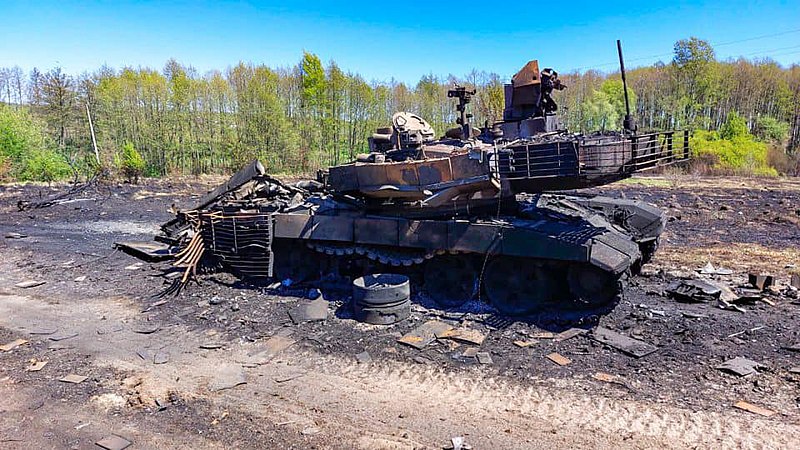The original text in CyberWire: “After the war in Ukraine: Cyber revanchism.”
At some point in time, the war in Ukraine will end. How it will end is harder to forecast, but it will end.
Russia has taken a significant beating in the war; even if the Russian forces learned as the war progressed and partly mitigated the worst vulnerabilities, the war was not the intended success story it set out to be. The planned three days until the Ukrainian government collapsed and Ukraine could be absorbed into Russia never happened. Instead, it became a long war that made Russia look incapable, and less than a superpower.
The limited cyber exchanges during the conflict have surprised the cyber community as many expected far more cyber attacks and cyber campaigns to be executed at a time of war. So, will future peace be cyber peace as well? Probably not.
Continue reading My text in CyberWire: After the war in Ukraine: Cyber revanchism.


